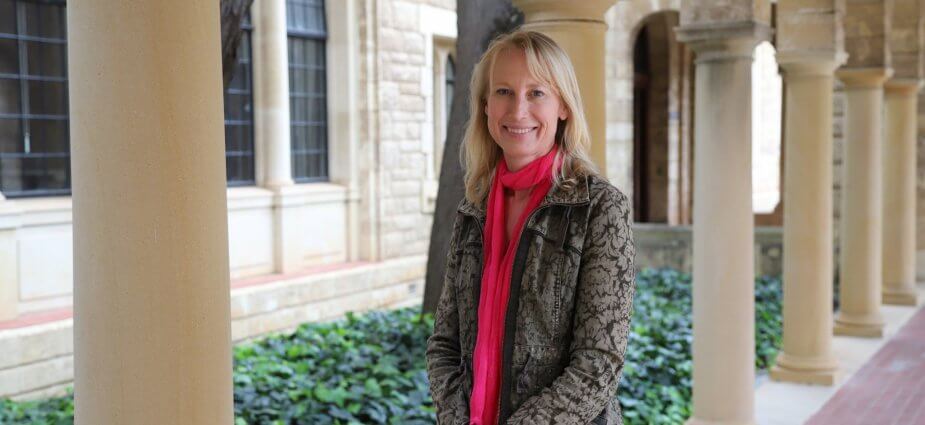Research led by The University of Western Australia has revealed that climate change, environmental degradation of land, and human activity are creating a breeding ground for viruses such as COVID-19 and there may be an even deadlier pandemic on the horizon.
Dr Kirsten Martinus from UWA’s Department of Geography and Planning said as the global population had rapidly increased in the past 50 years with humans encroaching further into areas of high biodiversity, so had the occurrence of diseases such as Ebola, SARS, and COVID-19. The project drew on the research expertise of Dr Natasha Pauli from UWA’s School of Agriculture and Environment and Department of Geography and Planning, Dr Marit Kragt and Dr Asha Gunawardena also from Agriculture and Environment and Professor Jane Heyworth from UWA’s School of Population and Global Health.
Dr Natasha Pauli said deforestation and land degradation meant humans and various host species were in closer contact with one another. “This will make the outbreak of emerging infectious diseases more frequent and more dangerous to humans,” Dr Pauli said.
Dr Martinus said the spread of infectious diseases depended on factors such as pathways where diseases could spread from one species to another, education of local populations on how to prevent transmission and cease activities that could contribute to it, the response of people’s health systems, and the genetics of the pathogen.
Dr Martinus continued, outlining that the COVID-19 pandemic had created an urgency to better understand global drivers and need for change now, in how we balance various land uses and environmental protection.
“We have separated ourselves from our environment to the extent that we don’t feel responsible for the land degradation but our choices really matter,” Dr Martinus said. “COVID-19 highlights that strong economic integration of product value chains can lead to a ‘butterfly effect’ where a seemingly innocuous consumption choice or action in a small part of the world can lead to devastating consequences at a global level.”
Readers also enjoyed our story about Dr Fiona Lamari NAWIC












